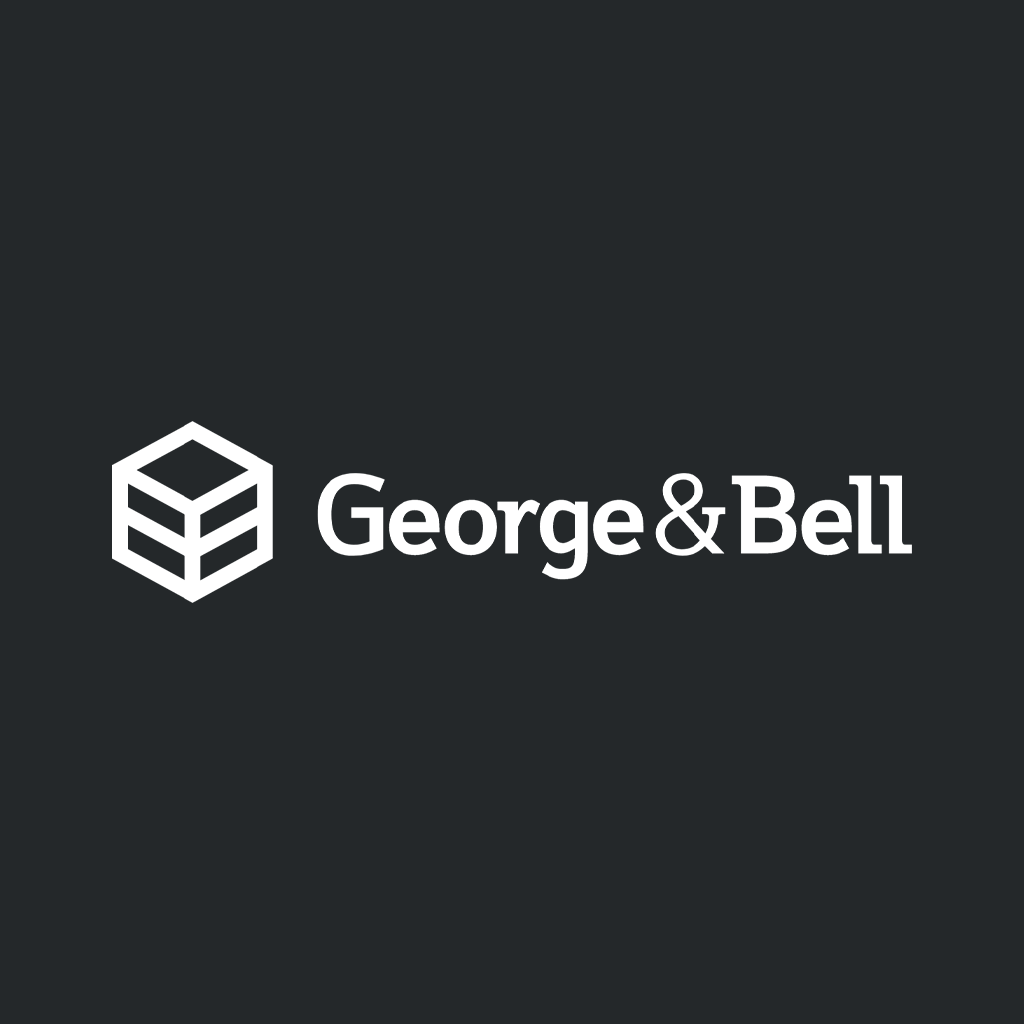On September 9, 2024, the Canadian Association of Pension Supervisory Authorities (CAPSA) released CAPSA Guideline No. 10 – Guideline for Risk Management for Plan Administrators (the “Risk Management Guideline”) to consolidate approaches to pension risk management and articulate their views on best practices. This was the result of two years of industry consultation. It is meant to support pension plan administrators in fulfilling their fiduciary duties and compliment other CAPSA guidelines.
CAPSA would like the key takeaways from the Guideline to be that plans:
- Should have a risk management framework to identify, evaluate, manage and monitor material risks
- Should review the risk management framework regularly
- Customize their risk management framework to fit the plan’s characteristics, circumstances and risks being assumed
Highlights
Good risk management is a key characteristic of a well-run pension plan and an important part of protecting members’ benefits. Pension plans should have a systematic, documented approach to risk management to ensure consistency and repeatability that is regularly reviewed.
The Guideline outlines a 4-step risk management process: identify, evaluate, manage, and monitor risks. Risk management should consider the long-term nature of pension obligations, but also consider the short-term risks. Many tools referred to in the Guideline are ones that plans would already be familiar with. The Guideline includes sections on specific topics such as third-party, cyber security, investment governance, environmental, social and governance (“ESG”), and leverage risks.
What Does This Mean for Plans?
While pension plans are not legally bound by CAPSA guidelines, they are considered “best practice”. We recommend plan administrators use this as an opportunity to review existing risk management frameworks and assess whether any improvements could be made.
For most plans, we do not believe there is anything in the Guideline that should significantly change a plan’s existing risk management frameworks, other than, perhaps, enhancements to documentation.
If you would like to see our full memorandum on this topic, please request it from your G&B consultant.

